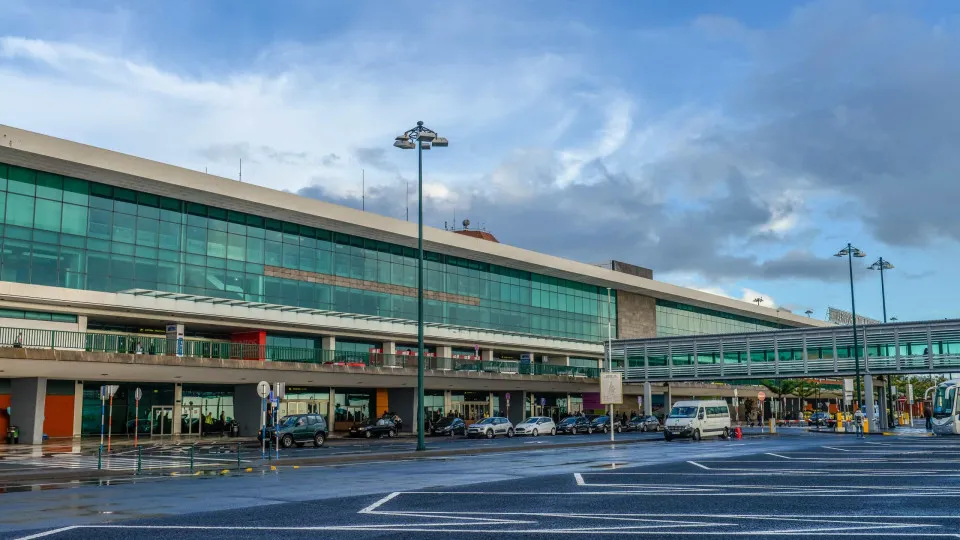
On Tuesday, an interim report on the recovery of pending processes by the Agency for Integration, Migrations and Asylum (AIMA) was published, estimating that the number of foreign residents in Portugal will reach 1.6 million by 2024, significantly surpassing previous statistical data.
This increase in the number of foreigners, now accounting for 16% of the national population, presents a challenge, “not for the Government or the State, but for the country,” Pedro Góis commented in an interview.
The 2023 report indicated a little over one million foreigners in Portugal, but the recently released figures include statistical corrections for previous years, taking into account the regularization of interest manifestation processes. This legal resource, which has since been discontinued, allowed the normalization of those arriving on tourist visas.
“Now that we better understand a reality that already existed,” it is essential to “reconstruct the national policies of immigrant reception, integration, and even the structures that deal with them, because we are talking about a number that far exceeds what was planned,” stated the University of Coimbra researcher.
Pedro Góis emphasized the need to rethink structures and devise policies that are suited to the actual reality rather than the imagined one.
“We cannot integrate communities we are unfamiliar with,” and those arriving in Portugal today are very different from those who were already there.
In the future, “the country will need to rebuild public services to handle a population that is now 16% foreign,” but in some areas of the country, this figure will be even higher, reaching around 30%.
“Public services need to adapt,” focusing on the digitization of services, which presents “an opportunity to reform the State in citizens’ access, taking advantage of the arrival of so many people,” Pedro Góis explained.
In the future, there will be a need for “more access to schools, more housing, more National Health Service facilities, and all of this must be prepared in coordination with local authorities, considering the existing population,” the researcher warned.
“If, decades ago, we closed schools and public services throughout the depopulated interior of the country, we now need to reconsider whether these services should be reopened and adapt the supply to the population’s needs.”
This endeavor cannot be achieved “overnight,” but it is a process the society must “face head-on, risking the demographic rejuvenation (…) moving to other countries that offer better conditions.”
In the short term, the country needs to promote family reunification processes, “an essential human right,” to accelerate the integration of foreigners. However, Pedro Góis cautions that there must be preconditions.
“The Portuguese state must ensure that people here have the conditions to comply with family reunification regulations, particularly concerning housing and income levels,” requirements outlined in national legislation, he noted.
Additionally, a Brazilian citizen has filed a case against the state and AIMA, seeking compensation for damages.




